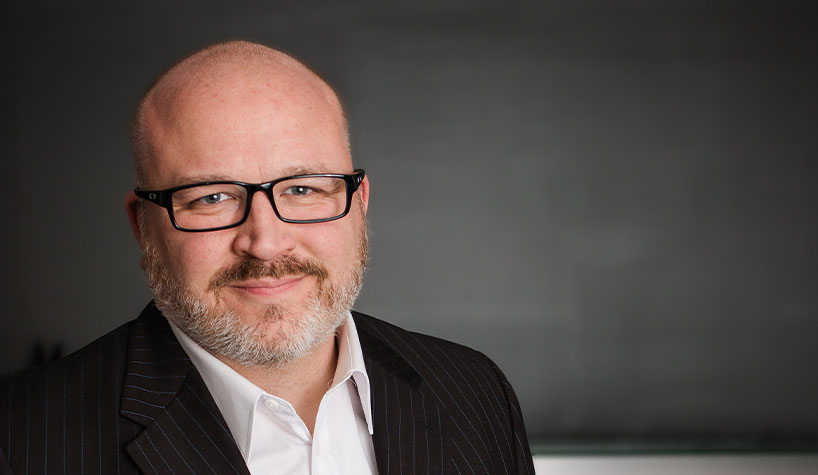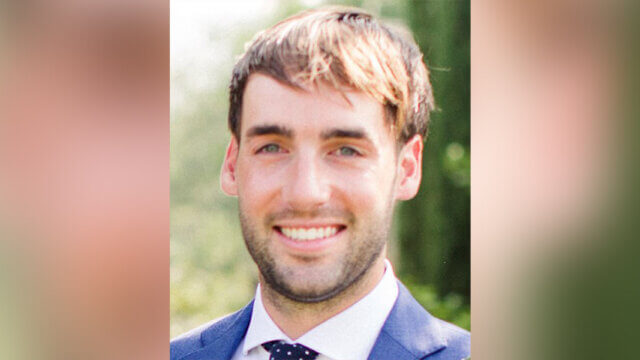By Bob Gdowski
As COVID-19 continues to intensify across the United States, the pent-up desire to travel is palpable. People are eager to get up and get out again; what that movement really looks like remains to be seen.
As professionals in the industry, we are continuously engaged with properties that are prepared to open their doors to welcome back guests. With state governments and local health officials setting the pace on rules and regulations, this reawakening looks drastically different from one destination to the next. If there is one thing that remains consistent, it’s the need for balance––and reopening in the wake of COVID-19 is possibly the most difficult balancing act this resilient industry has ever faced.
Risk vs. Reward
Through the lens of the guest, the conversations about what the hospitality industry of a post-COVID-19 era looks like will be largely focused on the perception of safety. If we look closely at the psychology of the industry’s pending travelers, it’s inevitable that they are weighing the heightened risk that COVID-19 presents with the potential reward of the experience. Not to imply that those who choose to travel are being reckless, but most are finding that the anticipated reward outweighs the possible risk. This decision could very well be in direct response to the extreme measures their hosts are taking to build trust, lessen perceived risk and heighten reward for guests. Temperature checks, mask requirements, mobile access, contactless facilities, bi-polar ionization in HVAC systems, increased ventilation, UVC air cleaning systems and frequent sanitation are all part of an intensive checklist that many properties are implementing. These actions, supplemented by promotional incentives at a scale rarely seen, are making travel today a very palatable decision. Today’s guest is trusting that the industry is reacting appropriately by proactively mitigating risks, as well as trusting that other guests are being just as cautious as they are.
The hospitality industry is a world that thrives on social interaction and tactile experiences. While it caters to a demographic that is not always averse to risk—curious travelers and adventurous minds—it is the industry’s responsibility to ensure that safety is a top priority. The obvious truth of the matter is that risk factors vary greatly from one person to the next. Whether it be personal health or concerns about exposure to loved ones and colleagues, these complex circumstances aren’t something a property manager can fully understand about each guest. As a result, preparations must be overarching, yet thoughtful. The solutions for this so-called balancing act also vary greatly from property to property, taking into consideration the specific location, its accessibility, its market and expected density. All of this has a considerable impact on the property’s perceived risk vs. reward ratio.
Furthermore, there is this idea of diminished rewards that the hospitality industry must take a closer look at addressing. There’s the possibility of dampened experiences: will masks deter people from conversing? Will they invite people to converse? What’s the atmosphere going to be like? Will the majority of guests be hesitant, or will they be overjoyed at having returned to a social setting? Will there be tension in the air? Are people focused primarily on their personal social distancing or are they focused more so on the behaviors of others? It’s a lot to think about, but with the passage of time, the answers are becoming more and more apparent. There is no one-size-fits all answer, but, shared knowledge is power––and if there is one thing COVID-19 has collectively reminded the hospitality industry, it’s that we’re all in this together––all of us are learning, growing, and adjusting to new ways of thinking.
Catalyst vs. Recovery
As guests begin to take on potential risk to visit our properties, we owe it to them to not only do everything in our power to diminish that risk, but also to give them an experience that makes taking that chance undeniably worth it. With that said, we continue to hear the term “recovery” through the waves and setbacks caused by the virus. In the hospitality industry, this term loses the opportunity that is buried in the situation.
Our so-called “recovery” can be viewed as an opportunity for us to “reset” back to the core values of the guest experience—a purging of all the noise that has layered up and collected over time. This can be about removing nonessential layers that have built up, so that we can re-evaluate what is integral to the guest experience through the lens of social distancing, capacity control and cleanliness. If we can reassess using safety and wellness as a baseline, this recovery phase could serve as a catalyst for us to become an even better version of ourselves.
Hospitality workers can feel reinvigorated to emphasize what is most important––which is elevated guest service and satisfaction, and truly caring for the guest to make the most of their (long-awaited) stay. This could also encourage hospitality design to shift and re-examine the relationship between indoors and outdoors, as well as continue to push innovation in wellness and sustainability.
The hospitality industry has historically proven itself to be remarkably resilient and strong. At its core, hospitality is about a relationship and a trust between two unrelated parties. Today, more than any time in contemporary history, we have the opportunity, and the obligation, to rediscover what that relationship means. Contrary to popular dialogue, this isn’t really a “new normal,” but rather a dusting off of who we believe we are as an industry, as brands, as drivers of guest experiences, and as social influencers.
The revival of the hotel industry in the time of COVID-19 is an opportunity to take initiatives that we have on board and allow our current situation to propel them into meaningful realities. The current condition is a chance for us to come together to collectively heighten the guest experience, in a manner that is both meaningful and rewarding for the property.
Bob Gdowski, AIA, is director of hospitality design for JCJ Architecture. Spending the majority of his career in Las Vegas and Asia, he has collaborated with a diverse range of international hotel operators including Four Seasons, Starwood, Marriott, Hilton, Atlantis and Caesars Entertainment.
This is a contributed piece to Hotel Business, authored by an industry professional. The thoughts expressed are the perspective of the bylined individual.




